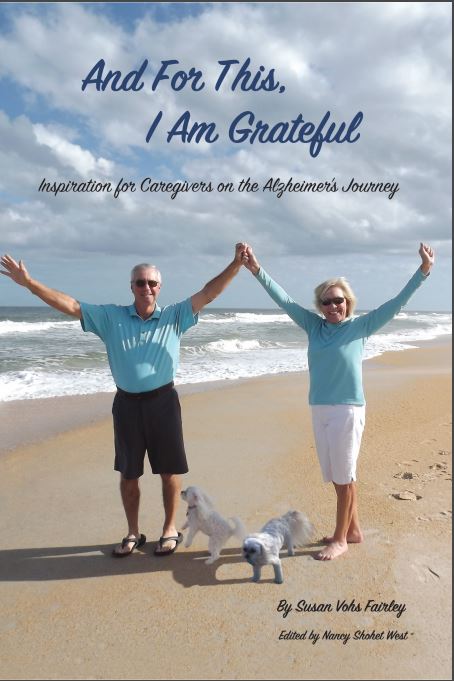Oh, how naively I uttered those words, countless times between when we unexpectedly found our perfect house this past spring and our July 1 moving date.
In retrospect, it reminds me a little bit of expectant parents who tell you about their birth plan, stipulating music that will be played, aromas wafted, and meditations conducted to ensure that they have the perfect birth. In reality, childbirth is hard no matter how carefully you plan for it -- and so is moving.
Now that we’ve spent a full two weeks in our new home sorting through vases and bowls and books and photos and kitchen accessories and bike equipment, calling ourselves minimalists seems like truly a stretch of the imagination. As I contemplated how to relocate ourselves and our possessions into a new home exactly half the size of our last home -- and even less than half the size of the home we owned before that -- I could only dream of being the kind of people who can relocate into a San Francisco-style “micro-apartment” or a renovated shipping container. Taped-up boxes surrounded us, hemming us in, tripping us, creating walls and forts and barriers throughout the rooms. Where could it possibly all go in our downsized home? And if it couldn’t go anywhere, what would we do with it instead?
As my family and I sorted through the items that we’d used or displayed or stored in our last house, and still more items that we’d never unboxed from our previous move four years earlier, I found myself generally thinking one of two phrases, as each item emerged from its packaging. In some cases, it was “Oh, I love that painting/pitcher/photo/serving platter!” But a lot more often, it was “What were we thinking?”
It’s been eye-opening to me over the past couple of weeks to see how possessions pile up even for people who consider themselves fairly ruthless about getting rid of things. And in our new World War II era house with almost no closets, no usable basement, no garage, and a minuscule attic, I find myself flummoxed.
Deciding what to keep among functional household items is one thing. In the kitchen, I simply applied my sister’s clever rule for decluttering: allow nothing in your kitchen that serves only one infrequent purpose. With that, farewell to the pineapple corer, the corn-on-the-cob plates, the vertical chicken roaster, the bread machine. That part was easy. I know what I use regularly in my kitchen, and I felt very little sentimentality for the items I don’t use.
But it gets trickier with objects that have memories attached: carved wooden animals from our African safari; bright purple and yellow glazed pots from the kids’ pottery classes; hand-painted tiles we bought in a shop in Amsterdam in which chickens roamed the aisles.
Additionally, there are objects that represent memories of other people. My husband’s grandmother liked to collect random china teacups on her travels, and many of those teacups were bequeathed to us. His grandmother is gone now, and we both want to remember her. But is holding on to unmatched teacups that we really don’t have space for the right way to do it?
As someone who makes a living helping people write their memoirs, it’s easy for me to claim that none of these material objects matters as long as we have written records of our lives. But of course, I have photographer friends who would say it’s the photographs that best reflect our lives. Friends who are painters who would say it’s paintings that preserve our memories. Even “crafter” friends who make quilts or knit sweaters to preserve memories.
It’s difficult to make the final cut. But I remind myself that other people can make use of our material objects when we can’t. Extra coffee mugs went to a neighbor’s son who is setting up his first post-college apartment. Other kitchen items will go to a local charity that helps formerly homeless people stock their new homes. Clothes that our tiny 1940s-era closets can’t accommodate will be sold by Goodwill, the profits used to help other people in need.
I hope I’m right, that it’s the written word – or photos or paintings or other creative endeavors – that ultimately matters most when it comes to preserving our memories. I hope I don’t regret any of the items we’re giving away.
I don’t think I will, though. In my line of work as a memoir writer, I listen to a lot of people reminisce. “I wish I could better remember….”, they sometimes say. Or “I wish I’d asked….” Or “If only I knew more about…”
But they never say “I wish I still owned.” Not about a bread machine. Nor a pineapple corer. Not even a hand-painted tile from the Netherlands. And most of those things can be replaced if we miss them too much. But somehow I just don’t think we will.

 RSS Feed
RSS Feed